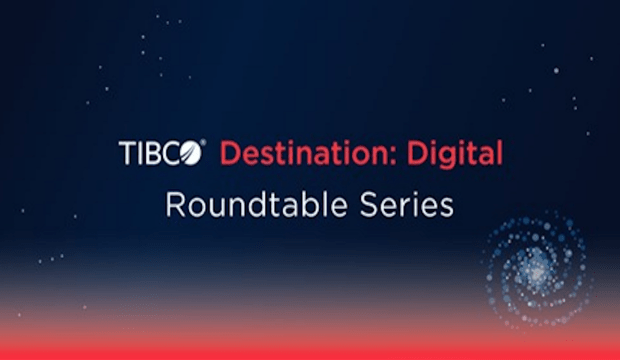
Fifteen years ago, we started the journey we now call SOA (service-oriented architecture), and it was not an easy undertaking for most businesses. As a result, I often hear that Digital Business, or API Management, is “SOA done right.” And while I understand what is meant by this at a technical level, Digital Business is not SOA. I like to think of SOA more like the Hobbit and Digital Business as Lord of the Rings. SOA was a great expedition, and for many, a great success. Digital Business is the next frontier, and dependent on that trip you took with SOA, in which you got the ring. But Digital Business is a different and even bigger adventure than SOA was.
SOA was a background initiative to turn integration and applications into reusable services, mostly through a centralized team. Conversely, Digital Business operates in the forefront. It’s something the CEO and many groups across the company focus on because it enables improving the customer experience and opening up new revenue streams and channels with partners and customers. It’s delivered by multiple teams inside and outside your company. The strategy, people, processes, and technologies needed to succeed in Digital Business are different than SOA, and the scope is bigger. As a result, the average business will spend more on Digital Business initiatives than on anything else in IT over the next decade. And they’ll spend more on the integration for these initiatives and new technologies than what was spent on SOA, even more than what was spent on all of integration during the recession.
But in one very important way SOA and Digital Business are similar; they’re both a marathon, not a sprint. It’s better to learn from the early adopters and experts than to repeat their mistakes.
TIBCO’s Destination Digital webinar series is meant as a guide for this journey. It brings together leading industry experts, customers, and practitioners who have succeeded in Digital Business initiatives to help you build the right digital strategy, and bring together people, processes, technologies and architecture to succeed in your passage from one project to the next as you evolve into a Digital Business. Beyond telling the stories, Destination Digital focuses on the three competencies that are required to succeed in the journey:
- Competency #1: How to build a Digital Business foundation. This is not only about putting together the right architecture and technologies on top of a microservices architecture (including API management and integration). It also involves putting in place the right people and processes to drive success.
- Competency #2: How to become more agile and deliver new capabilities in weeks (not months or years), at the rate the business demands it. This means adopting a continuous delivery approach to IT by embracing DevOps tools and techniques with Digital Business technologies.
- Competency #3: How to improve the digital intelligence of applications and services. Digital Intelligence means understanding and anticipating what’s happening in the business and with customers, and then responding to affect the outcome—from cross-sell opportunities to SLA violations—acting to improve business performance. You need to be able to integrate different event streams and data, analyze information to identify events that are important, track events in real time using event processing technologies, and act on these events using business process management and other technologies. That’s TIBCO Fast Data.
Start your journey today! Learn more about the three core competencies of Digital Business by registering for our upcoming Destination Digital Roundtable series. You can also check out this customer ebook to learn how 25 of our customers are transforming their businesses with TIBCO Fast Data.
Send us your thoughts via social using #DestinationDigital and let the adventure begin!





